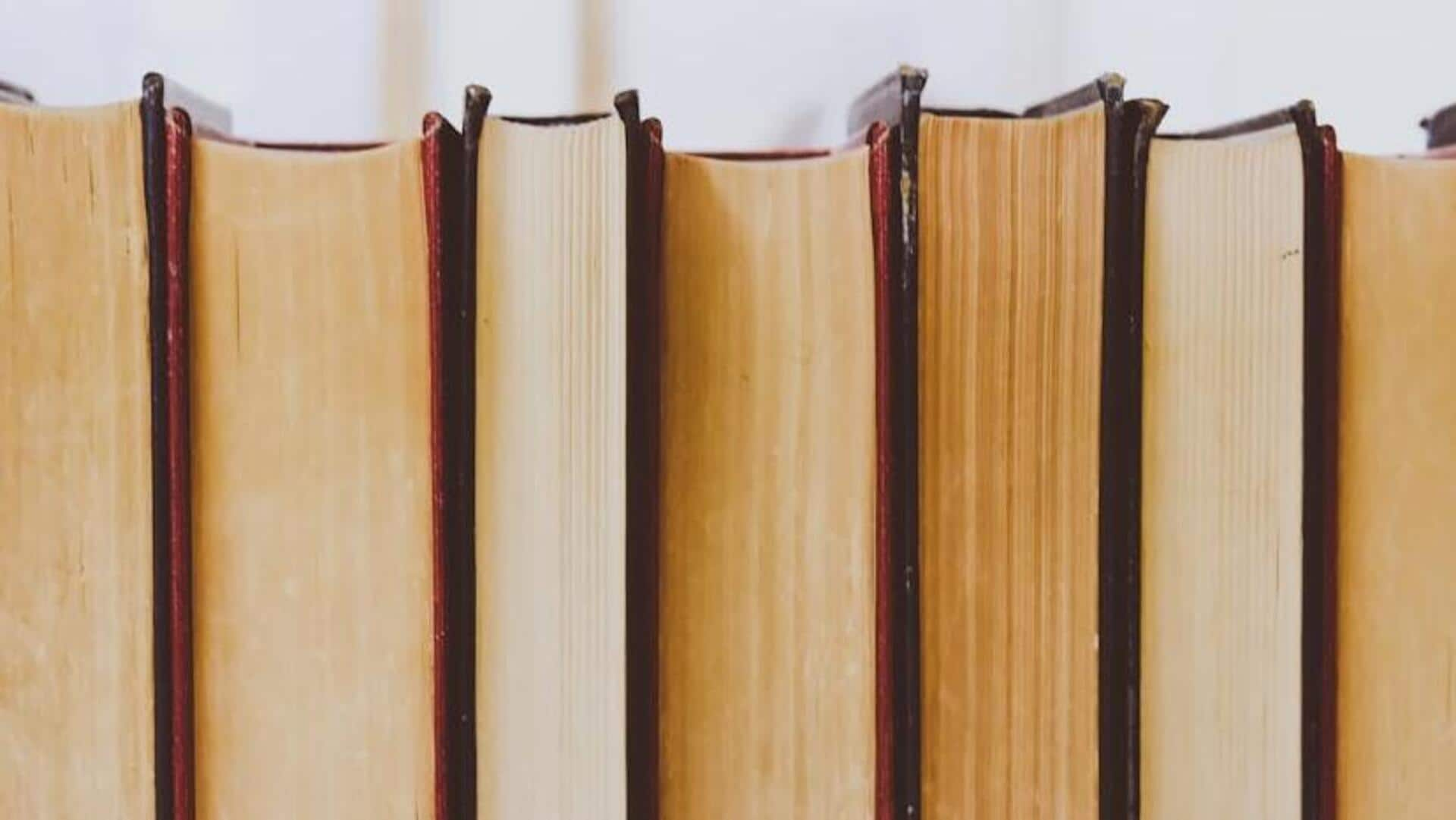
Philosophy for beginners: Books to read in your 20s
What's the story
Embarking on a journey through philosophy can be both enlightening and daunting.
The quest for wisdom often begins in one's 20s, a time of exploration and forming one's worldview.
Philosophy, with its deep questions about life, existence, and ethics, offers invaluable insights.
This article simplifies the entry into this vast field by recommending accessible books that lay a solid foundation in philosophy.
Book 1
'The Republic'
The Republic by Plato stands as a foundational work in Western philosophy, exploring themes of justice, governance, and the role of a philosopher-king.
Presented through Socratic dialogues, it prompts readers to deeply consider what justice means for both the individual and society.
Its enduring relevance is a testament to its profound impact on philosophical thought even in modern times.
Book 2
'Beyond Good and Evil'
Beyond Good and Evil by Friedrich Nietzsche is a pivotal work that confronts traditional morality.
Nietzsche's incisive prose compels readers to independently evaluate concepts of truth, morality, and reality.
This book is crucial for those who are prepared to critically examine the precepts of right and wrong that they have been taught.
It's a cornerstone for independent thinkers in their philosophical journey.
Book 3
'The Tao Te Ching'
The Tao Te Ching by Laozi is an essential Taoist scripture, imparting wisdom in poetic form.
It teaches the importance of aligning with the Tao, or the "way," and promotes living a life characterized by simplicity, spontaneity, and compassion.
These principles are presented as the foundation for a harmonious existence.
The text's age-old wisdom continues to guide readers toward a balanced and fulfilling life.
Book 4
'Man's Search for Meaning'
Man's Search for Meaning by Viktor E. Frankl is a compelling blend of memoir and existential thought.
In it, Frankl recounts his survival in Nazi concentration camps and details his psychotherapeutic approach, logotherapy.
He confronts the existential void many encounter today, asserting that life retains meaning in all conditions.
This book is a powerful testament to finding purpose despite extreme adversity.
Book 5
'The Ethics of Ambiguity'
The Ethics of Ambiguity by Simone de Beauvoir delves into existentialist ethics, emphasizing the importance of freedom as essential to human dignity, while also highlighting the inherent responsibilities toward others.
Through her examination of how ambiguity influences our actions and choices amidst life's ethical dilemmas, Beauvoir presents a compelling narrative.
This book is particularly engaging for those pondering personal freedom and societal constraints.